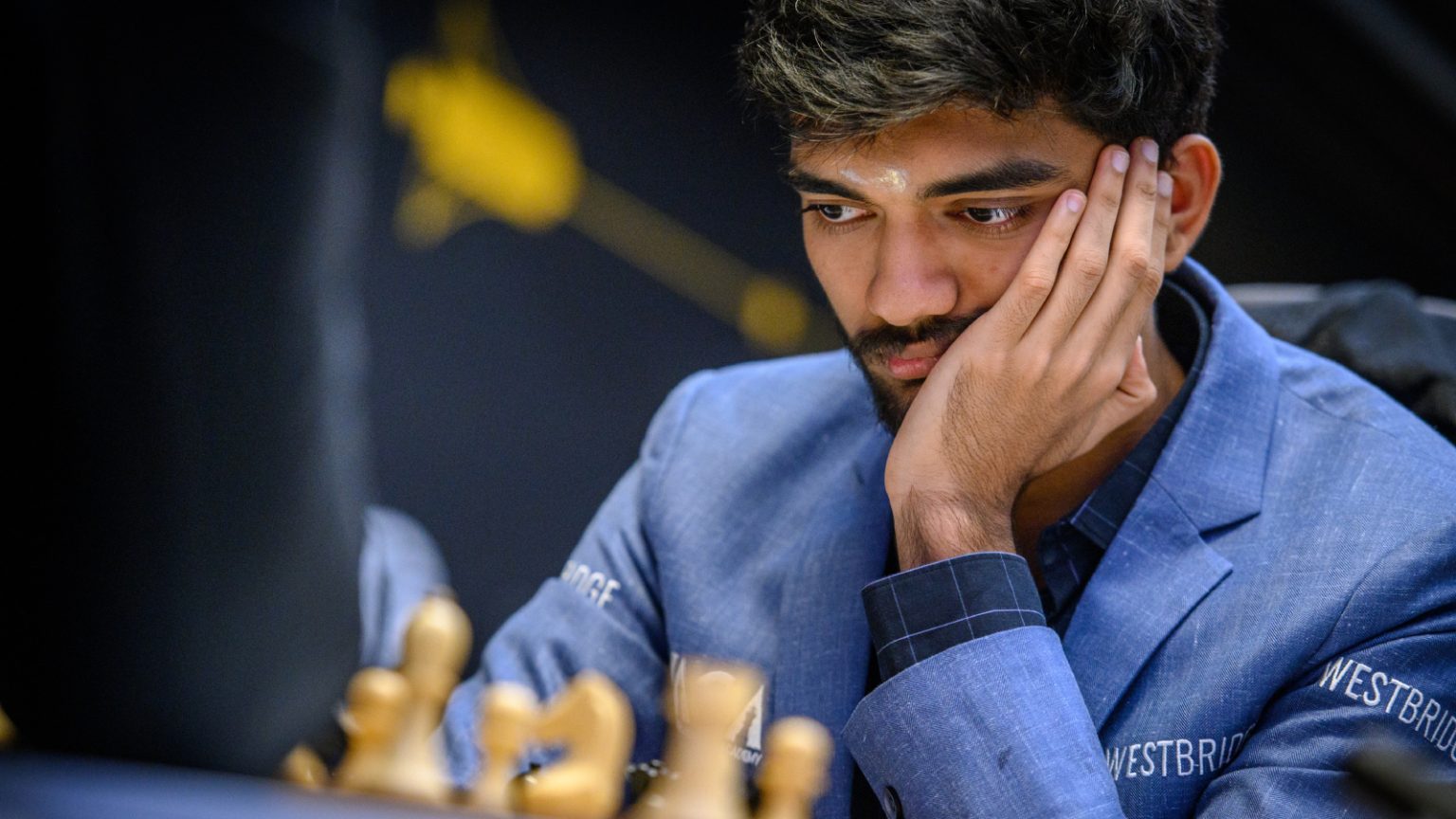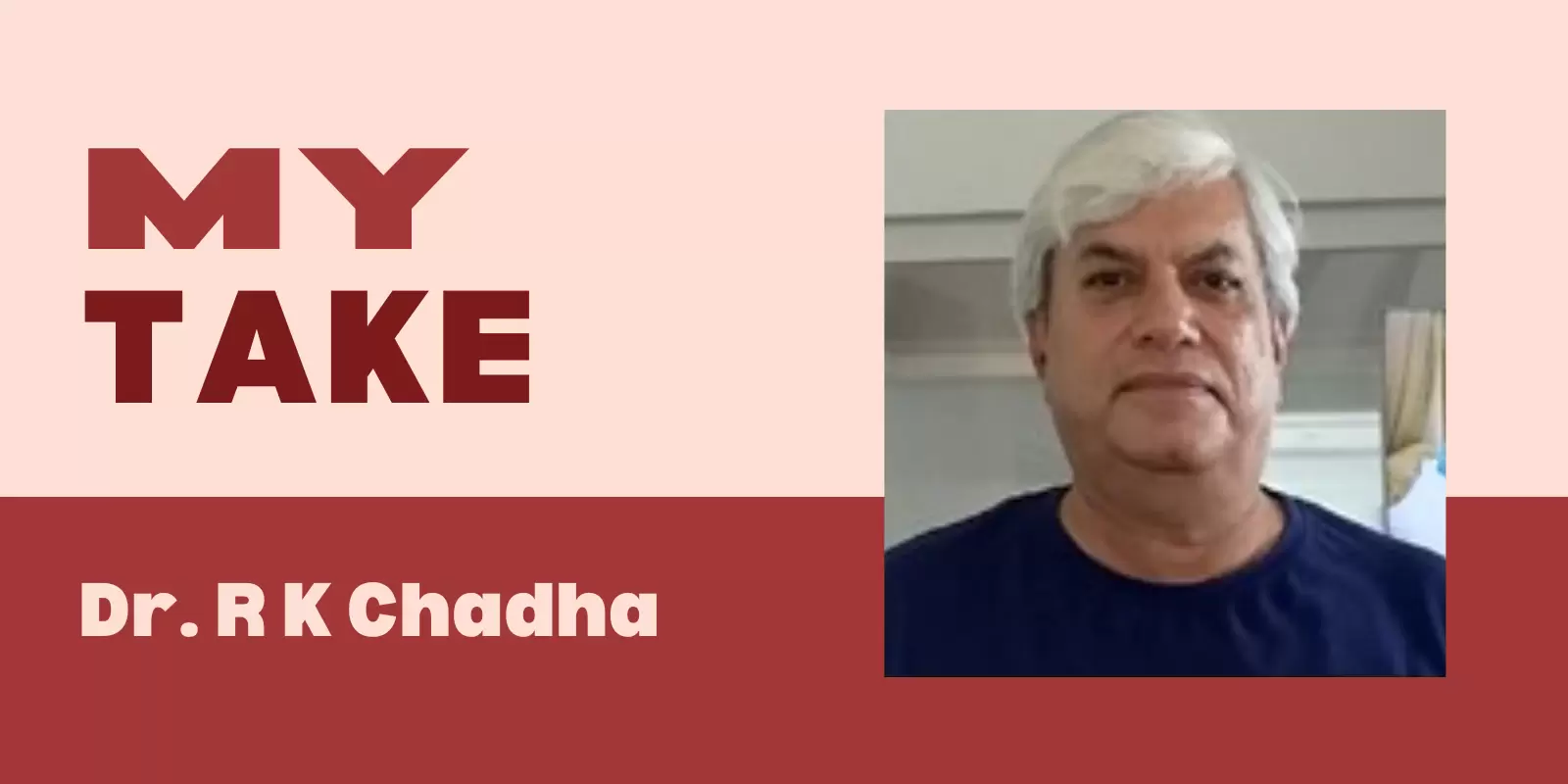The youngest World Chess Champion D. Gukesh made a very mature and balanced statement after winning the championship. He said, “Winning the World Chess Championship does not mean I am the best player, obviously that is Magnus Carlsen. I want to reach the level Magnus has achieved.” This speaks volumes about the character and determination of an 18-year-old from India who has set his eyes on the coveted top position to become the best player in the world.
In chess, the number one rated player on Elo ratings is usually regarded as the best. For instance, Vladimir Kramnik won the title from Garry Kasparov in the Classical World Chess Championship in 2000, but Kasparov was still rated higher and was considered as the best player until his retirement in 2005. Magnus Carlsen’s Elo ratings of 2882 twice in 2014 and 2019 is considered an extraordinary feat that is unlikely to be surpassed anytime soon; in December 2024, his ratings stood at 2831 as per the list released by the International Chess Federation. As of 2024, only 14 chess players in history including India’s Viswanathan Anand and Erigaisi Arjun have broken the 2800 rating barrier; today Arjun stands fourth in the list with 2801 points. Gukesh ratings in the last 5 years show a steady climb from 2563 in 2020 to 2783 in 2024 reaching the fifth position in the world and inching towards its final goal.
The Elo rating points is a mathematical tool to calculate the relative skill levels of players in two-player games like chess. Named after Arpad Elo, a Hungarian American physics professor it provides a numerical representation of a player’s ability based on his game result against other rated players. Two players with their initial ratings participate in a tournament that can have three possibilities for them, either a win, a loss or a draw. The number of rating points gained or lost depends on the players’ current ratings which is considered to calculate an expected outcome score using a mathematical formula that gives higher weightage to the higher-ranking player and vice-versa. After the match, actual scores are compared with calculated scores from the formula and ratings are adjusted, accordingly. Three scenarios emerge, i) A player earns more points by defeating someone with a higher rating than himself, ii) A player loses more points if he loses to a lower-rated opponent and iii) A draw against a higher-rated player may yield some points, while a draw against a lower-rated player may result in a loss of points. The ratings thus arrived are a dynamic measure of a player’s skill, reflecting his performance over time against various opponents.

In the light of this rating system, the response of the Norwegian maverick, Magnus Carlsen to Gukesh’s desire to fight it out against him at some point in time is puzzling. While declining such a possibility in the near future, Carlsen quipped with a bit of sarcasm, I am not a part of this circus anymore. The fact that he decided not to defend his title in 2023 after winning the world championship five times since 2013 when he dethroned Viswanathan Anand tells something about the stress levels of this competitive game and needs analysis to probe into the psyche of a champion. I can only make an amateurish attempt to probe the mind of a legendary champion like Carlsen without any expertise in psychology. I leave it to the judgment of the readers to either agree or disagree with this analysis.
I think of two possibilities. Firstly, Magnus Carlsen is bored after five world championships in his kitty and lacks motivation to defend his title in the absence of exceedingly high-quality chess players, who can match his standards. To be fair to Magnus Carlsen, he is arguably the strongest chess player of all time. He is a classical chess player ahead of his competitors and is unbeatable with consistent performances over the years winning tournaments one after another. Even during tough times in some tournaments, he still managed to stay in the top 3. This clearly testifies his genius in the top 10 players, consistently. He overcame challenges from Anand, Karjakin, Caruana, and Nepo and beat them convincingly in the world championship cycles and also performed extraordinarily at various other elite tournaments.
Secondly, Carlsen may have realised that after winning the World Championship five times losing one in the future will harm his legacy as the greatest player of all time in chess history. A legend having held the title for a decade now feels that someday, someone will defeat him at his own game, although no one doubts his capability to defend the title again. Yet he knows that it can happen, it might be this year or the next year, or the year after, but it will eventually happen, and he will meet his match. He feels that whoever defeats him will enter into the history books as one of those geniuses who defeated the great Magnus Carlsen. Maybe, he does not want this to happen and wants to go down in history books as a remarkable chess champion, who held the title for many years and remained undefeated.
Anyways, it is a strange game, if he has to register his place in history and with peace of mind, the only winning move that he can play at this stage is not to play. That may be the move Magnus is making with not defending his title. I guess he has quite an ego but is smart enough to know how to preserve it. After all he is a genius chess player who can think ahead of time.




